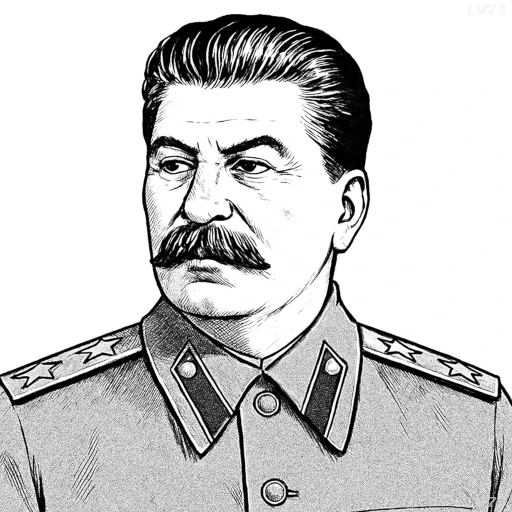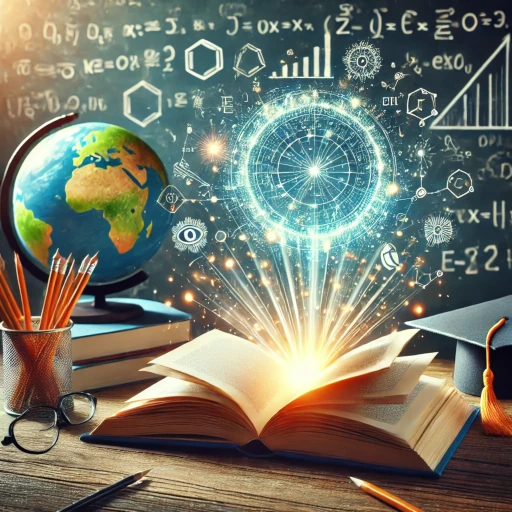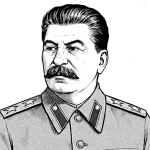“Education is a weapon whose effects depend on who holds it in his hands and at whom it is aimed.”

- December 18, 1878 – March 5, 1953
- Born in Georgia
- Politician
table of contents
Quote
“Education is a weapon whose effects depend on who holds it in his hands and at whom it is aimed.”
Explanation
This quote underscores the political power that education holds in shaping societies and controlling ideologies. Stalin recognized that education, like any tool of influence, could be used for both constructive and destructive purposes depending on the hands that wielded it. Under his regime, the state took control of the educational system to ensure that it was aligned with the party’s ideals and the goals of the state. Education was not just a means of imparting knowledge, but a powerful tool to shape ideology, instill loyalty, and suppress dissent. In Stalin’s view, education was a weapon in the hands of the ruling party, aimed at solidifying control over the population and ensuring the continuity of his rule.
Historically, the Soviet regime heavily influenced education to promote Marxist-Leninist thought and suppress competing ideas. Stalin’s government worked to restructure education, from primary schools to universities, to ensure that teachers and students were loyal to the state. This control over education allowed the regime to influence not just the intellectual development of its citizens, but their very worldview. Teachers were often required to promote state-sponsored ideologies, and students were indoctrinated to support the Communist Party. The regime’s censorship of textbooks and the purging of intellectuals further exemplified how education was used as a weapon against alternative political ideas and historical interpretations.
In the modern context, the quote serves as a reminder that education can be a powerful tool for both enlightenment and manipulation. The way education is framed and who controls it can significantly influence the direction of a society’s development. Today, the challenge remains in ensuring that education is used to empower individuals, promote critical thinking, and encourage freedom of thought, rather than as a means of indoctrination or control. The potential for education to be aimed at the right goals—such as fostering understanding, peace, and innovation—highlights the importance of free and unbiased education as a fundamental right in any society striving for justice and equality.
Would you like to share your impressions or related stories about this quote in the comments section?

